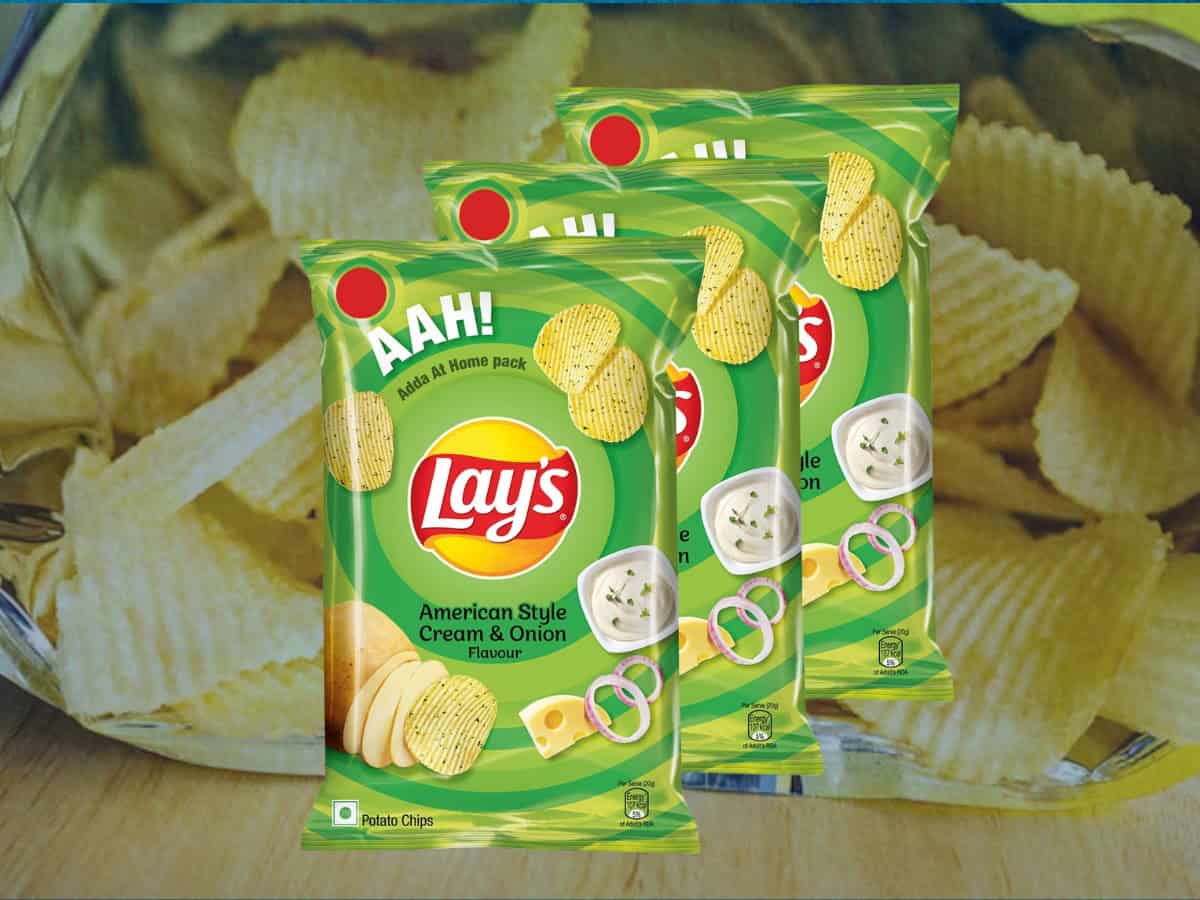
PepsiCo India is reportedly conducting trials to substitute palm oil and palmolein with a blend of sunflower oil and palmolein in Lay’s chips.
Palmolein, a liquid component obtained from refining palm oil, along with palm oil, which is semi-solid, is derived from the oil palm fruit.
PepsiCo, a prominent snacks and beverages manufacturer in the United States, utilizes “heart-healthy” oils like sunflower, corn, and canola oil for Lay’s products. On their US website, PepsiCo mentions that their chips are fried in oils that could be classified as heart-healthy.
“Sunflower, corn, and canola oils contain good mono- and polyunsaturated fats, which can help lower LDL (bad) cholesterol and maintain HDL (good) cholesterol as part of a calorie-controlled diet,” it states.
This move comes in response to concerns about utilizing lower-cost and potentially unhealthy ingredients in packaged foods in India, a report by the Economic Times stated.
The report cited a PepsiCo India spokesperson as saying that trials with this blend in certain products position the company as “one of the few players in the food industry in India to do so.”
Ill effects of palm oil
Palm oil is high in saturated fat, which can increase levels of LDL (“bad”) cholesterol and triglycerides, and raise the risk of heart disease.
Some studies have also linked palm oil consumption to increased inflammation, which can contribute to chronic diseases.
On salt content
The Indian division is also working to reduce the salt content in its snacks to below 1.3 mg of sodium per calorie by 2025.
Numerous packaged food brands in India, ranging from salty snacks and biscuits to chocolates, bread, and ice cream, use palm oil because it costs less than sunflower or soybean oil. The cost of Lay’s classic salted chips in India starts at Rs 10, making it one of the brand’s cheapest products.
Recently, Nestle India has faced criticism over the higher levels of added sugar in its infant food product Cerelac sold in India and other developing countries, compared to the same product sold in developed markets like the UK and Germany.
According to reports, Cerelac sold in India contains on average 2.7 grams of added sugar per serving, while the same product in the UK, Germany, and other European countries contains no added sugar.
The sugar content is even higher in some other developing countries, reaching up to 7.3 grams per serving in the Philippines and 6 grams in Thailand.
In response to the controversy, Nestle India has stated that it has reduced the added sugar content in its infant cereals by up to 30% over the past 5 years. The company claims it is committed to further reducing added sugars without compromising on nutrition, quality, safety, and taste.
Nestle India also asserted that it never compromises on the nutritional quality of its products and ensures compliance with relevant standards.
The Food Safety and Standards Authority of India (FSSAI) has initiated an inquiry into the matter and said it will take stringent action against Nestle if the company is found to be at fault.
Health experts have criticized the “misleading claims” made by infant food brands and called for stronger regulatory frameworks to protect children’s health.
PepsiCo has announced ambitious nutrition goals, aiming to reduce sodium levels in its products significantly.
Apart from Lay’s, PepsiCo’s foods portfolio includes Doritos, Kurkure, and Quaker. The company spokesperson mentioned that by 2025, at least 75% of their foods will not exceed 1.3 mg of sodium per calorie, with progress already underway, according to the company.
India is the largest importer of palm oil globally, with the majority of imports coming from Indonesia, Malaysia, and Thailand. In the fiscal year 2022-23, India’s palm oil consumption was 8.9 million metric tonnes. Research platform Statista reported that India accounted for 23% of worldwide palm oil imports in 2022, followed by China at 11.4%, Pakistan at 7.47%, and the US at 4.75%, according to international trade data from TrendEconomy.
